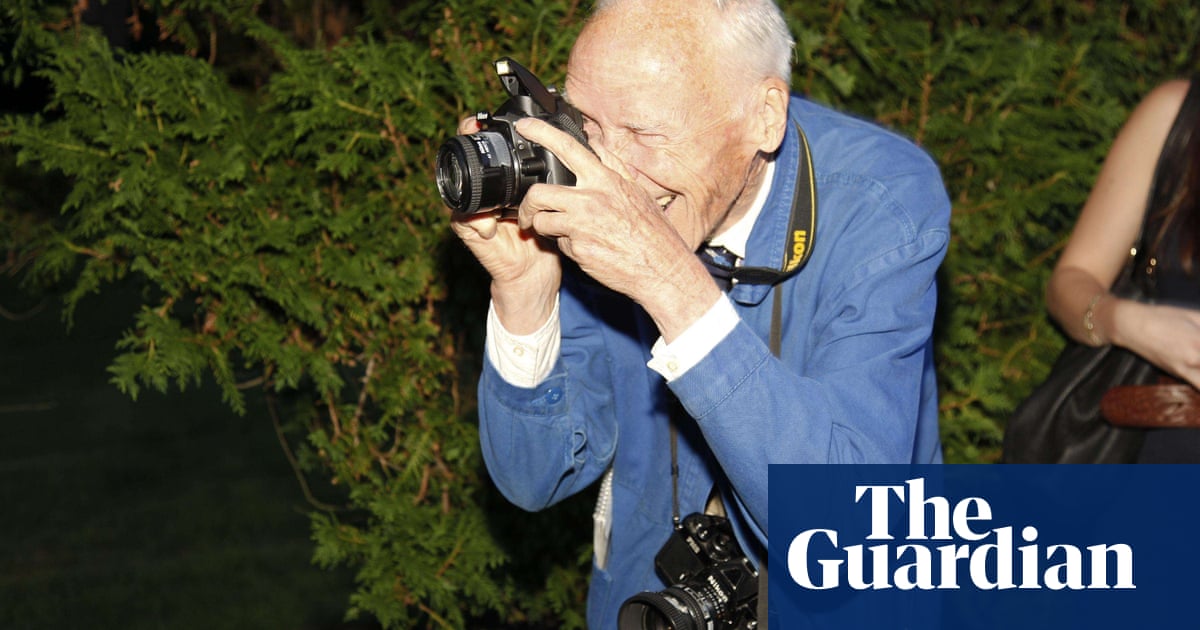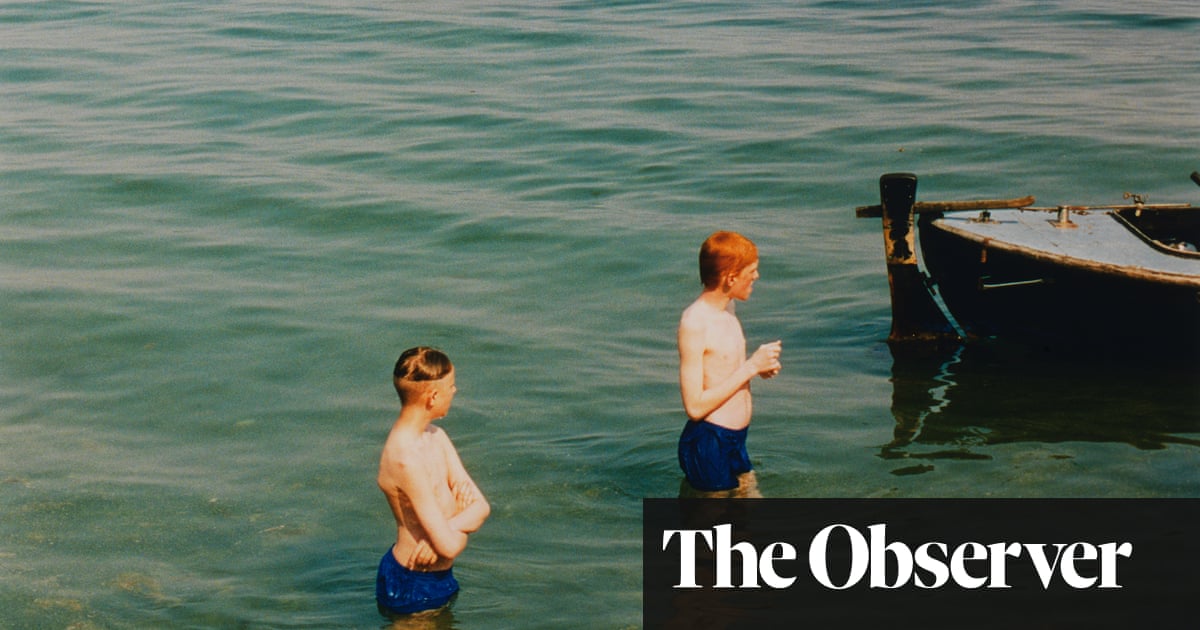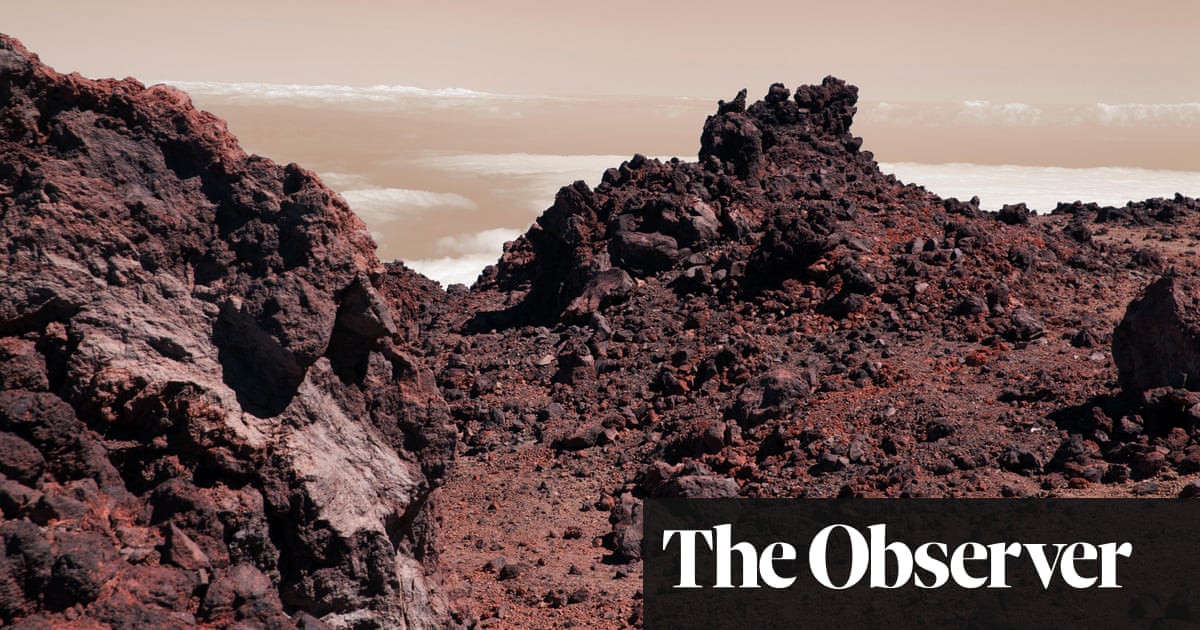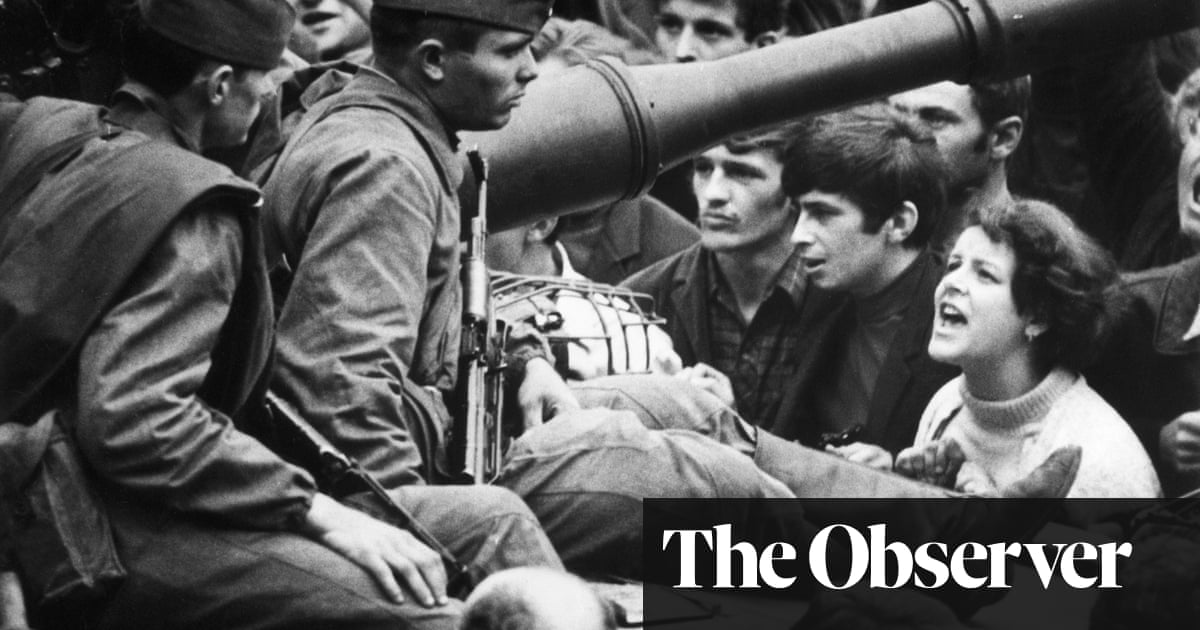Cecilia Sala, an Italian journalist detained in solitary confinement in Iran, has been freed and is heading back to Italy.
A plane carrying the 29-year-old took off from Tehran after “intensive work on diplomatic and intelligence channels”, a statement from the office of the prime minister, Giorgia Meloni, said. The flight is due to arrive at Rome’s Ciampino airport at 3.30pm local time.
Sala, a reporter for Il Foglio, was arrested on 19 December on charges of breaching Islamic law – three days after she arrived in the country on a journalist visa.
Her plight had become intertwined with that of Mohammad Abedini Najafabadi, an Iranian engineer arrested at Milan’s Malpensa airport on a US warrant a few days before Sala was detained.
Najafabadi is accused of supplying drone components to Tehran. Prosecutors in Milan on Tuesday denied a request for house arrest from Najafabadi’s defence lawyers. A hearing is scheduled on 15 January. As of Wednesday morning, it was unclear how Sala’s release would influence Najafabadi’s case.
Iran on Monday denied there was a link between Sala’s arrest and that of Abedini. Iran’s foreign ministry spokesperson, Esmaeil Baqaei, said Sala had been arrested for “violating the law of the Islamic republic” during her reporting trip.
The journalist’s release comes a few days after Meloni made a flying visit to Donald Trump’s Florida golf club, during which she reportedly “pressed hard” on Sala’s case.
Daniele Raineri, Sala’s boyfriend, told the news agency Ansa: “I have heard from her … she was excited and very happy.”
Sala’s father, Renato Sala, told Ansa: “I’ve only cried three times in my life. I believe our government has done an exceptional job. I will tell her I am proud of her and of her ability and composure.”
During a phone call to her parents last week, Sala described the harsh conditions of her detainment in Tehran’s notorious Evin prison, including having to sleep on the floor of her cell without a mattress and being given food through a crack in the door.
The prison is known for the detainment of opponents of the Iranian regime, journalists and foreign citizens.
Among its recent prisoners is Narges Mohammadi, the Iranian 2023 Nobel peace prize laureate, who said in an interview published by the French magazine, Elle, last week that Evin was a place “where political prisoners die”.
She said there were 70 prisoners in the women’s wing “from all walks of life, of all ages and of all political persuasions”, including journalists, writers, women’s rights activists and people persecuted for their religion.
One of the most commonly used “instruments of torture” was isolation, said Mohammadi, who shared a cell with 13 other prisoners before being released on temporary medical leave on 4 December.
Mohammadi has personally documented cases of torture and serious sexual violence against her fellow prisoners.
She had been due to go back to jail on 25 December when the three-week leave period expired but her Iranian legal team asked for an extension, a move backed by a medical committee but which has yet to be approved by prosecutors.
For now, Mohammadi remains at liberty but in a state of limbo in the absence of a response by Iranian authorities to the request, the France-based lawyer for her family, Chirinne Ardakani, told Agence France-Presse on Monday. “This is a cruel strategy deployed deliberately by the authorities,” she said.

 3 months ago
47
3 months ago
47













































